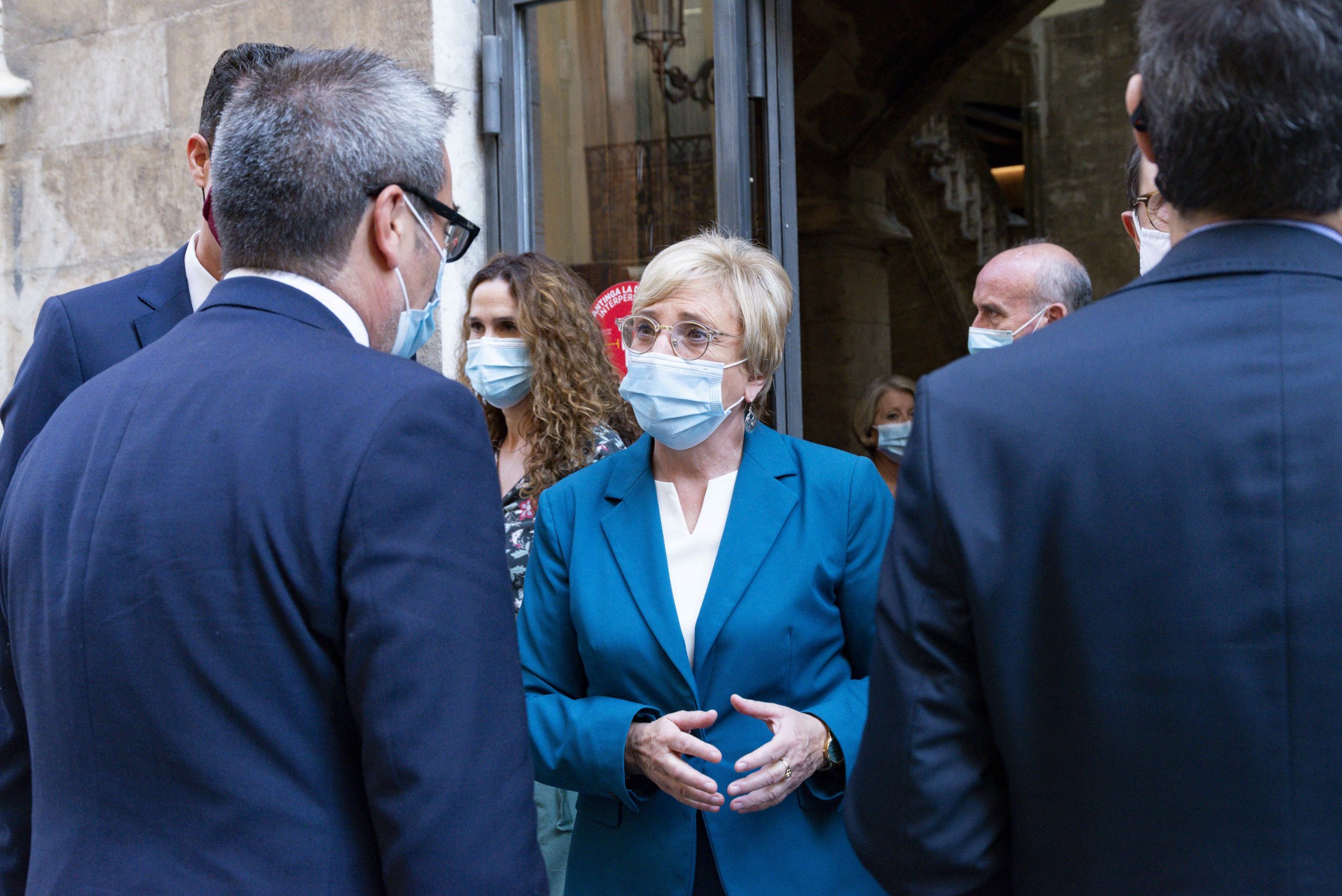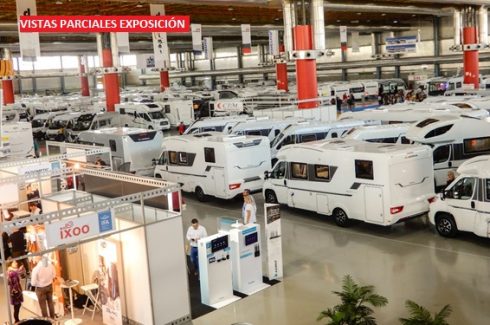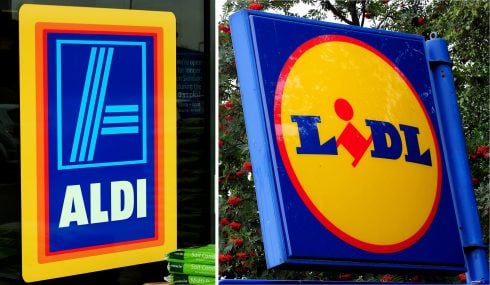BARS and restaurants in the Valencian Community will reopen gradually from March 1 – COVID permitting.
A meeting between the regional Health department and representatives of the hospitality and nocturnal leisure sectors yesterday afternoon (Tuesday February 16) finally yielded a breakthrough in their ongoing battle.
Both sides agreed to slowly scale down the restrictions in less than two weeks’ time if coronavirus infection figures continue to evolve favourably.
They also decided to meet again next Tuesday to outline specific guidelines for the gradual reopening of the hospitality sector.
The negotiations have begun at the height of tensions between both sides, with ongoing protests staged throughout the Valencia region in recent weeks and a threat to reopen against the law yesterday, which was finally averted at the last moment thanks partly to the meeting being scheduled (as reported by The Olive Press).
Being invited to the negotiating table was one of the sector’s main demands, together with direct financial aid to cover mounting debt and dwindling or non-existent profits.
Both parties described the first meeting as positive and highlighted the ‘good communication’ between them, as opposed to the escalating tension of the last few months.
Regional Health minister Ana Barcelo insisted that the Generalitat’s aim is for the reopening to take place ‘carefully and sensibly’, which the business owners reportedly accepted.

The main reason for the extreme care required before taking any drastic decisions is the growing predominance of the British strain of the virus, said to be much more infectious than the first one to arrive in Spain and which, according to regional president Ximo Puig, already accounts for 10% of cases in Valencia – and rising.
In a related development today, it has emerged that the aid plan launched by the Generalitat, baptised as ‘Resistir’, is not yet reaching the people who need it.
The scheme was announced one month ago, and in that time the authorities have increased its funding and the number of people eligible to apply for compensation.
The plan now consists of €402 million, of which €315 have already been approved.
However, the legal and bureaucratic process for the money to reach the applicants is said to be taking longer than expected, as most of the subsidies are processed through local councils and different government departments.







